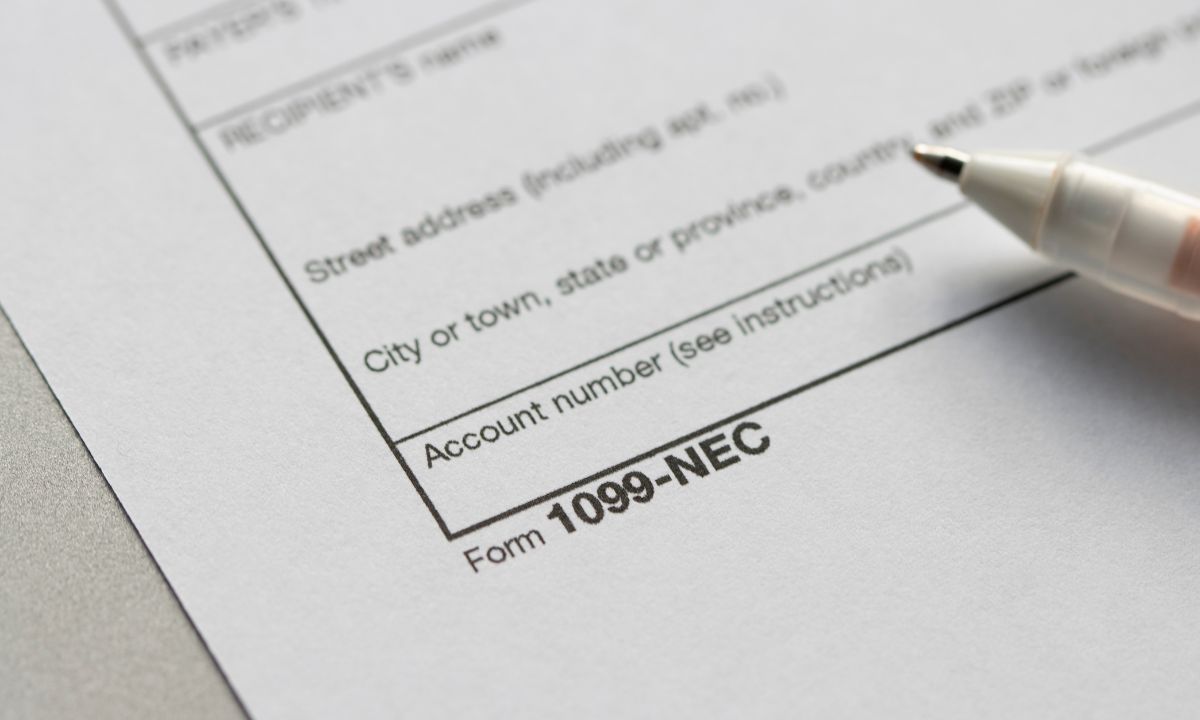A Deep Dive Into Bank Statement Second Mortgages for Self-Employed Individuals
 If you’re self-employed or have an income that doesn’t fit traditional molds, securing financing for a home renovation or debt consolidation can seem daunting. However, bank statement second mortgages are designed to provide a viable solution for homeowners who don’t rely on conventional pay stubs, W-2 forms, or tax returns. Let’s break down how these unique loans work and how they can benefit self-employed individuals.
If you’re self-employed or have an income that doesn’t fit traditional molds, securing financing for a home renovation or debt consolidation can seem daunting. However, bank statement second mortgages are designed to provide a viable solution for homeowners who don’t rely on conventional pay stubs, W-2 forms, or tax returns. Let’s break down how these unique loans work and how they can benefit self-employed individuals.
What is a Bank Statement Second Mortgage?
A bank statement second mortgage is a specialized loan that allows you to tap into your home’s equity without the usual income verification documents. Instead of relying on tax returns or W-2s, lenders use your personal or business bank statements (typically 12 to 24 months’ worth) to verify your income. This makes it easier for those with fluctuating incomes, such as freelancers, small business owners, or independent contractors, to access funds based on their actual cash flow.
These loans allow you to borrow up to 85% of your home’s value, with a maximum loan of up to $750,000. You can use the funds for various purposes, such as home renovations, consolidating debt, or financing your business. However, keep in mind that a second mortgage means an additional lien on your property until it’s paid off.
Who Can Benefit from Bank Statement Second Mortgages?
These loans are particularly well-suited for individuals with non-traditional income sources, including:
- Self-employed borrowers
- Freelancers and gig workers
- Independent contractors
- Small business owners
If you’re in any of these categories and need quick access to home equity, a bank statement second mortgage can provide the flexibility that traditional mortgages might not.
What are the Requirements?
While each lender may have slightly different requirements, here are some common guidelines for securing a bank statement second mortgage:
- Bank Statements: You’ll need to provide 12-24 months of personal or business bank statements to verify your income.
- Good Credit: A credit score of 660 or higher is ideal. Higher scores generally lead to better rates.
- Debt-to-Income (DTI) Ratio: Most lenders accept a DTI of 50% or less, meaning your monthly debt payments should not exceed half of your monthly income.
- Adequate Home Equity: You need sufficient equity in your home—typically up to 85% of your home’s appraised value.
- Asset Statements: You may need to provide two months’ worth of asset statements to show proof of financial stability.
- Identification: A government-issued ID (like a driver’s license) is required to verify your identity.
Tips to Improve Your Chances of Approval
To increase your chances of getting approved for a bank statement second mortgage, consider these steps:
- Boost Your Credit Score: A higher credit score increases your chances of securing favorable terms. Pay bills on time, maintain low credit utilization, and avoid closing accounts unnecessarily.
- Maintain Stable Financial Accounts: Keep your bank accounts consistent and well-documented. Avoid large, unexplained deposits and ensure your account balance remains positive to demonstrate financial stability.
- Have Your Documents Ready: Be prepared with your bank statements, any necessary asset documentation, and a CPA letter if you’re self-employed. The more organized you are, the smoother the application process will be.
- Work with an Experienced Lender: A lender who understands the nuances of self-employed and non-traditional income sources can help guide you through the process and offer the best possible loan terms.
Why Choose a Bank Statement Second Mortgage?
For self-employed individuals, accessing funds without relying on traditional income documentation can be a game changer. Whether you’re looking to renovate your home, consolidate debt, or invest in your business, this type of loan provides a flexible solution tailored to your unique financial situation.
Before you apply, make sure to partner with a lender who understands your needs and can offer a customized approach. With the right preparation and support, you can leverage your home’s equity to achieve your financial goals.

 For self-employed professionals, the mortgage process can feel like passing through a maze, fraught with challenges and uncertainties. Traditional lending standards often favor individuals with stable, predictable incomes, leaving entrepreneurs and freelancers in a precarious position. However, there’s a solution gaining traction in the mortgage industry: Non-Qualified Mortgages (Non-QM). We’ll explore how self-employed individuals can successfully navigate the mortgage landscape, leveraging non-QM lending to their advantage.
For self-employed professionals, the mortgage process can feel like passing through a maze, fraught with challenges and uncertainties. Traditional lending standards often favor individuals with stable, predictable incomes, leaving entrepreneurs and freelancers in a precarious position. However, there’s a solution gaining traction in the mortgage industry: Non-Qualified Mortgages (Non-QM). We’ll explore how self-employed individuals can successfully navigate the mortgage landscape, leveraging non-QM lending to their advantage. There is a common misconception that someone who is self-employed will not have the tax records or income necessary to qualify for a mortgage; however, that is not necessarily the case. In reality, if you are self-employed, there are a lot of home loan options available to you. It is true that it might require some additional paperwork and planning, but as long as you have the necessary information, you should be able to qualify for a mortgage.
There is a common misconception that someone who is self-employed will not have the tax records or income necessary to qualify for a mortgage; however, that is not necessarily the case. In reality, if you are self-employed, there are a lot of home loan options available to you. It is true that it might require some additional paperwork and planning, but as long as you have the necessary information, you should be able to qualify for a mortgage.